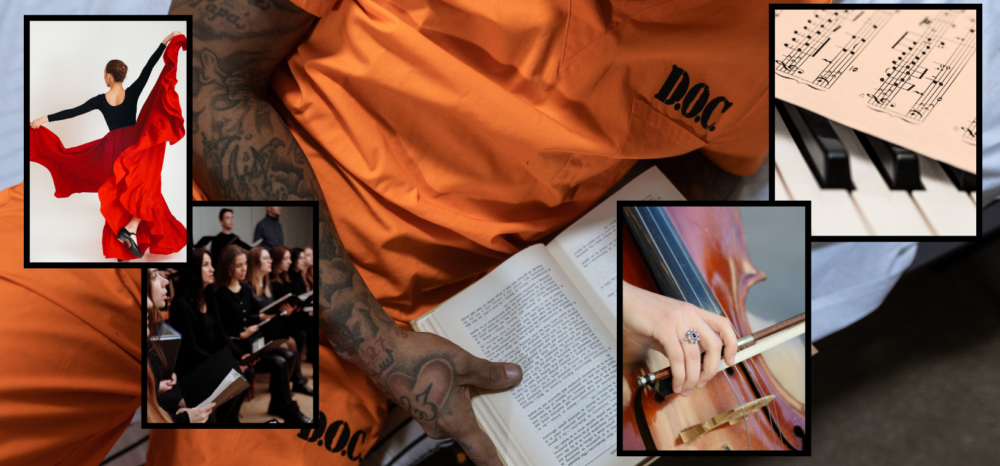Yesterday I had the joy of seeing Harry once again take joy in singing.
Harry is one of the older baritones in the KnoxCAM Choir. He has an unusually beautiful voice, one of the most beautiful I have ever heard. But he approached me last week saying he was feeling discouraged, that his voice just wasn’t like it used to be, that he didn’t like his vibrato or the way his voice sounded. He was considering not continuing to sing. I asked him to come for a lesson and let me hear what was bothering him.
Harry is a delightful man. He is kind, he talks easily, he has a big smile for everyone. He is very active physically and loves to be outside. He didn’t start singing until he was 35, at which time he began studying voice and doing choral and solo work in community choirs. He sings on a very skilled level, and he knows the vocabulary of the voice. He is a quick student, immediately able to relate things I suggested to things he had learned from previous teachers.
At his first lesson, we discovered right away that he had gotten into some poor breathing habits, raising his chest and tensing his shoulders with every inhalation. We worked on a lower, more relaxed breath, and he could easily see in the mirror when he was doing it right and wrong; but consistency was a challenge. We also worked a little bit on connecting his head voice to his chest register, which helped stabilize his intonation and vibrato to some extent. I told him that his voice is different now than it was when he was a young man, but there are definitely techniques he can work on to improve the still-beautiful voice he has. He left feeling somewhat encouraged but still wondering if he would really be able to improve.
Yesterday was the big breakthrough. He returned breathing correctly with much more consistency and feeling much more comfortable about doing so. As he sang, we became aware of his throat tightening on lower notes. We began to talk about keeping the throat open and relaxed, not “pushing” the sound out. He immediately remembered his former teacher had worked with him on the “bel canto idea of drinking in the sound” (his words – remember I told you he knows the language of singing) because, he said, his tendency is to attack and conquer. This opened up a discussion about singing as relaxing, as letting go (something foreign to his activity-loving nature), of letting the breathing muscles do their job and keeping the body free rather than “set.”
I suggested he swing his arms as he sang. He moved them back and forth very deliberately. I asked if he would allow me to hold his upper arms and move them for him, which he was glad to do. He immediately felt the arm tension, and was just as quickly able to release it and enable me to swing his arms freely. He then was able to do it himself, with amazing effect on his tone. His vibrato ceased to be a wobble, and his resonance was beautifully balanced. That’s when he began to smile. He said, “That sounds like I used to.”
We found that he could descend to his lowest notes with excellent balance of tone on the /i/ vowel. We worked first on creating a taller, less spread /i/ sound and then used it as a barometer to match /o/ and /a/ vowels down to his lowest notes. He quickly realized that he didn’t need to open his mouth much on the bottom and could easily match vowels and create a beautiful sound by changing tongue position while maintaining interior space. Frequent reminders to “drink in the sound” and the continued arm-swinging kept his body free. He said he felt as if he wasn’t “doing anything” but the sound made him so happy. He was astounded that such a sound could emerge when everything felt so easy.
Lastly we worked up to his higher range, using ascending/descending 5-note scales on /i/ changing to /a/ after the first two notes. He has great tongue and jaw position, very relaxed, with a natural openness as he ascends. Continued reminders of “watch your breath,” “no pushing,” and “drink in the sound” enabled him to ascend to a-flat with a gorgeous, free tone. He was thrilled to go so high (when I asked him what note he thought he had sung, he said “f”), and again was amazed at how easy it felt.
Next week we are going to begin applying some of his new knowledge to his part in the choir music.
He left beaming. He said, “I was going to quit. I had prayed about it, but now I feel like God wants me to keep singing a little longer.” I asked him how old he is and was astounded when he said 76.
I left beaming too. What a joy, what a blessing, to see joy return to Harry’s face and to his singing.
